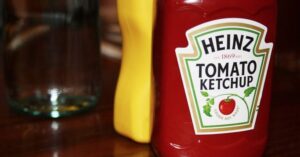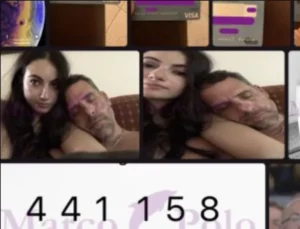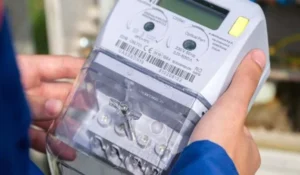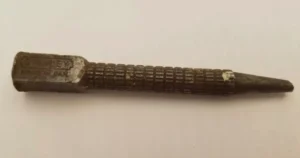In a strongly worded letter from Elon Musk’s attorney, Alex Spiro, Twitter has threatened to sue Meta for its alleged “systematic, willful and unlawful misappropriation” of intellectual property.
The letter, dated July 5 and addressed directly to Meta CEO Mark Zuckerberg, argues that “dozens” of former Twitter employees now working for Meta “retained Twitter documents and electronic devices” and used them illegally to create Threads, a “copycat” app launched earlier this week.
The letter also detailed a prohibition found in Twitter’s “terms of service” against “crawling or scraping of Twitter’s followers or following data, implying that Twitter knew or at least suspected that Meta had engaged in such activity.
The letter demanded that Meta “take immediate steps to stop using any Twitter trade secrets or other highly confidential information,” and included language implying a civil suit would be forthcoming if Meta failed to meet that demand.
Musk summed up the company’s position in a tweet Thursday afternoon: “Competition is fine, cheating is not.”

NEWS: Twitter is threatening to sue Meta over "systematic, willful and unlawful misappropriation" of Twitter's trade secrets and IP, as well as scraping of Twitter's data, in a cease-and-desist letter sent yesterday to Zuckerberg by Elon's lawyer Alex Spiro. pic.twitter.com/enWhnlYcAt
— T(w)itter Daily News (@TitterDaily) July 6, 2023
Twitter founder Jack Dorsey got into the act, appropriating a quote venture capitalist Peter Thiel once made (somewhat disparagingly) about Twitter — “We wanted flying cars, instead we got 140 characters.”
In response to a tweet comparing Twitter to similar copycat apps and challenging users to “tell them apart,” Dorsey tweeted, “We wanted flying cars, instead we got 7 Twitter clones.”

Musk responded with the “face with tears of joy” emoji often used to express the idea of laughing until one cries.
Musk used the same emoji in response to a tweet implying that all of Thread’s coding had been written using only a keyboard consisting of only three keys: Control, c and v — that is, the keys needed to copy and paste pre-existing material.

In response to a tweet suggesting that the Threads logo “looks like a tapeworm,” Musk responded, “Metaphorically too.”
Tapeworms, of course, are well-known parasites, making the comparison particularly apt if Twitter’s allegations are true.

Meta has not apparently replied to the letter, but a spokesman for the company denied the allegations on social media.
“No one on the Threads engineering team is a former Twitter employee — that’s just not a thing,” spokesman Andy Stone wrote in a post to the new app.
This article appeared originally on The Western Journal.












